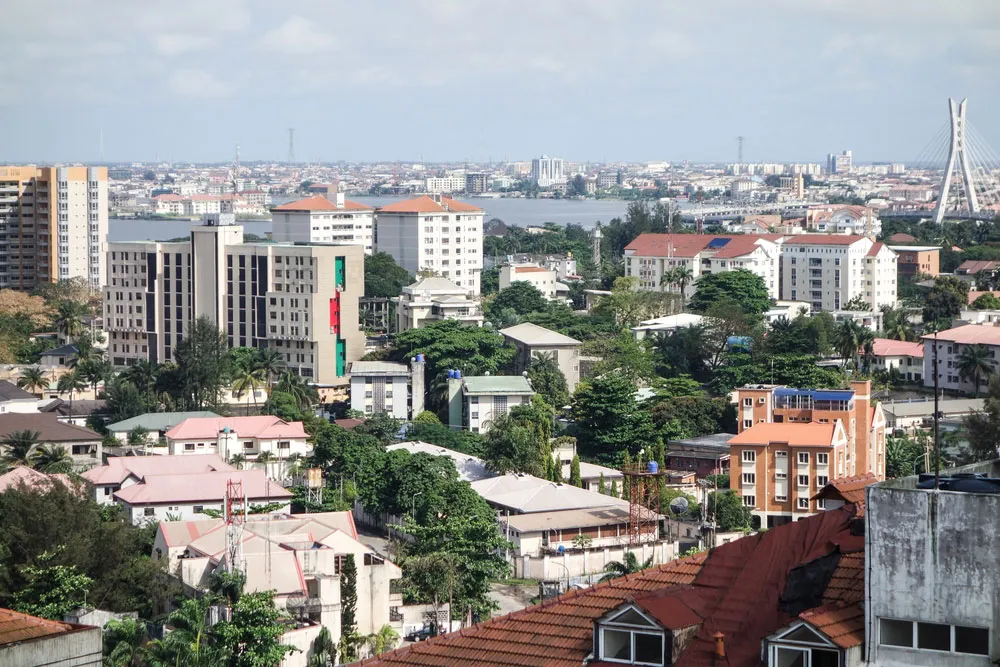‘Legislation will reduce effective demand, real estate value’
Experts in the real estate sector have condemned the recent pronouncement by the Lagos House of Assembly to pass new property acquisition and business ownership laws that only favours indigenes of the state.
They described the move as an attempt to jeopardise economic development, especially in the real estate sector, which has over time been driven by indigenes and non-indigenes.
The Speaker of the Lagos State House of Assembly, Mudashiru Obasa, had during his acceptance speech as a third-term speaker of Lagos parliament, said the state parliament would pass new property and business ownership laws to favour indigenes in property acquisition and business ownership.
Obasa said: “There would be laws…in the areas of economy and commerce, property and titles, and we will reverse all that is reversible to protect the interest of the indigenous people.”
Lagos remains a haven for real estate investment in Nigeria with active and ongoing construction activities estimated at about 48,000 per year. The commercial capital tops cities in Africa in terms of value of real estate investment with $523 million followed by Accra-Ghana, $230 million and Maputo Mozambique with $201 million investment as of 2021.
In fact, majority of the real estate transactions in Lagos are bedevilled with bureaucratic bottlenecks, high cost of registering land, long registration procedures and inconsistent policy regimes, which impeded development of the real estate market, while critical stakeholders yearn for more friendly reforms.
Speaking on the proposed legislation, a past president, Nigerian Institution of Estate Surveyors and Valuers (NIESV), Mr. Joe Idudu, said attempts to pass and implement such law would restrict growth and development of the property industry, as well as the historical growth pattern of Lagos.
He told The Guardian that property value like every other asset depends on demand and supply, emphasising that the legislature through the state government will reduce effective demand in the sector, as the value of real estate will collapse.
Idudu said: “Land has become so valuable in Lagos that when you look at the prime areas like Ikoyi, land is as high as N1 million per square metre. This is possible because everybody wants to invest in Lagos. But if Lagos legislators make rules that make it impossible for non-Lagosians to own property and a large portion are unable to invest, the land value will collapse.
“For instance, when Lagos legislated that non-Nigerians cannot have any tenure longer than 50 years in the past, all non-Nigerian investors ran to Sango Ota, Ogun State and the area suddenly became an industrial area. The media must warn leaders not to tamper with the basic rule of demand and supply. Anybody, who pretends that non-indigenes do not contribute to the Gross Domestic Product (GDP), demand for land and housing will not be making sense.”
Idudu added: “I have lived all my life and had all my children in Lagos. Such a law is wrong-headed because it will fail to accommodate others. If you don’t accommodate others, you restrict your own growth and development. Lagos will not become what it is today by being restrictive. Lagos has grown to what it is today because it was open hearted and tolerated others, this is why it has grown and become big.”
Former NIESV Lagos branch Chairman, Mr. Adedotun Bamigbola, said proposing a law that favour the indigenes in property acquisition and business ownership is a delicate thing to do, as well as illogical to say that it is only the indigenes that will be developing a state.
He said the move would negatively impact the real estate industry and affect the number of investors that can come into the sector.
He said it is the participatory role that has enabled rapid development of Lagos, stressing that the expectation is that the government should follow the constitution of the Federal Republic of Nigeria until it is changed to accommodate such a proposition.
Bamigbola said: “Land titling is a responsibility of the state and the government should make the best of it without preventing other Nigerians from participating in it. Even the country is allowing foreigners to come and invest in properties. I don’t think we have had such a situation before.
“However, there is going to be a season of litigation to confirm, verify or justify whether it is not repugnant to natural justice or the constitution of the Federal Republic of Nigeria. People, who already own property and are not indigenes, what will they do? Will they sell to recover or lose their property to the government?”
A lawyer and fellow of the institution, Mr. Emmanuel Omuojine, said such law would be anti-constitution of the Federal Republic of Nigeria, adding that to the extent, it may not see the light of the day.
Omuojine expressed worries that if the legislators pass the law, the real estate sector of the state will suffer a big blow because a large number of properties will not be legally qualified to form a basis for negotiation in the market.
According to him, a number of those who would want to invest in the state will hold back and consider elsewhere to invest their resources and securing a property for accommodation will be difficult.
“The idea of selling property will suffer and you know what property means to citizens. You can’t use it as collateral for loan and mortgages to realise capital and invest in the economy to make it grow. The business environment will suffer a lot but I don’t see the law flying,” he said.
Omuojine noted that since the colonial era, every Nigerian has contributed to developing Lagos, hence the issue of who is a citizen, does not arise. “Quite a number of those who are claiming to be indigene are not from Lagos, apart from the fact that they are Yoruba. If for any reason, the assembly rules on that law, the citizens may move against it. Just recently, a Nigerian was made a judge somewhere in Canada and you know that Nigerians have been making in-roads in other countries and they are taken as citizens of that country but here within us, we are discriminating against ourselves.
“It may breed anarchy and does not make sense. According to the constitution, as a citizen, you are free to live anywhere. Apart from the freedom of movement and speech, the law guarantees you to own property anywhere in the country, which is specific. It is so surprising that our legislators, who are supposed to make laws that should unite the country, are considering a divisive law,” he said.
He also wants the president, Bola Tinubu to call the Lagos legislators to order on going ahead with the law.
Source: guardian.ng





